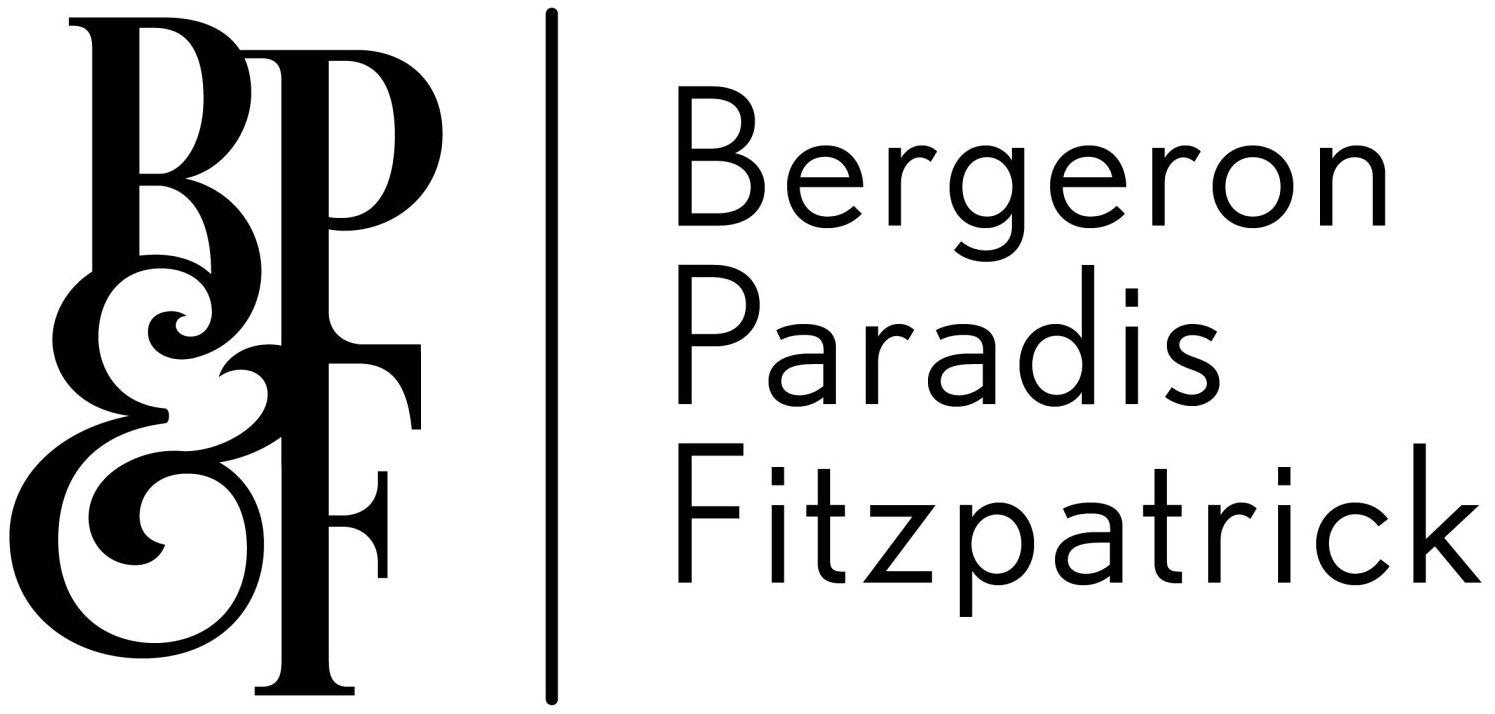Trust and Estate Administration
Trust and Estate Administration for Vermonters
When a person dies with an estate, their financial affairs are handled through a process called estate administration. At a minimum, this includes probate, the distribution of property and assets, and the paying of debts and other expenses.
The time and cost to administer an estate varies widely based on how well the legal documents were prepared, the value and complexity of the estate, and the number of beneficiaries. The process can drag on and become quite costly if there is no will, or if the will was poorly drafted, and in cases of estates with significant assets.
It is common for administration issues to arise during this process, particularly when complex trusts are involved. With the help of a VT trust and estate administration attorney, minor issues can often be resolved without the need for litigation.
How a Vermont Trust and Estate Administration Lawyer Can Help
At Bergeron, Paradis & Fitzpatrick, LLP, we provide legal counsel and representation to executors, administrators, trustees, and beneficiaries in all areas of trust and estate administration, including:
- Preparing probate petitions
- Preparing estate tax returns
- Tax planning
- Valuation of assets
- Distribution of assets
- Preparing trust and estate accountings
- Trust and probate litigation
What is Probate?
Probate is the court-supervised process of estate administration that occurs when someone with an estate passes away. Probate requires the estate’s executor or personal representative to provide detailed valuation and other information about the estate’s assets. The probate court also governs the process of asset distribution, bill paying, and how claims against the estate are handled. It can be long and costly, but there are ways to avoid the probate process altogether with proper estate planning. A Vermont estate planning attorney can help.
When a person dies with probate assets, their estate will be subject to the probate process. Probate assets refer to any property in the decedent’s name that has no beneficiary designation. So if you designate your daughter as the beneficiary of an investment account, those assets will not pass through probate. Without a beneficiary designation, however, the investment account will pass through probate.
Trust Administration
When a person dies with a trust as their primary means of testamentary planning, they may be able to avoid the probate process altogether. However, certain procedures must be followed, including notice requirements and the specific duties and obligations of the trust. Managing this process is referred to as trust administration, and it is in your best interest to work with an experienced trust administration lawyer.
In an ideal situation, trust administration should be discussed with the designated trustee before the owner’s death. However, it is common for the first discussion with the trustee to occur after the owner has died, which frequently leads to unnecessary expenses, time, and stress. Trust owners often believe that things will happen automatically upon their passing, and that designating a trustee is a simple formality.
In reality, the trustee faces multiple administrative duties and costs, and the potential for misunderstandings, oversights, and errors is much greater when the trustee isn’t fully aware of their duties until they need to act. Having a trust attorney (and ideally a CPA) by your side is the best way to avoid unnecessary issues when establishing, or administering, a trust.
Contact the Vermont Trust and Estate Administration Attorneys at Bergeron, Paradis & Fitzpatrick, LLP Today
At Bergeron, Paradis & Fitzpatrick, LLP, we provide representation to executors and administrators in probate court, helping you navigate and understand your rights and responsibilities in the administration of your loved one’s estate. From ensuring that paperwork is completed accurately and completely, to assisting with tax preparation, our attorneys are here to serve all of your estate planning needs. Contact us today for a confidential consultation.
Designed by Clove Digital LLC

